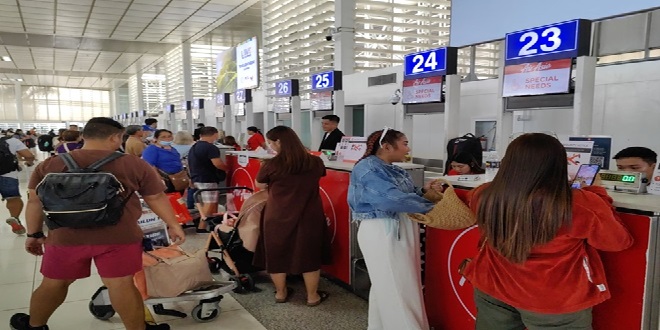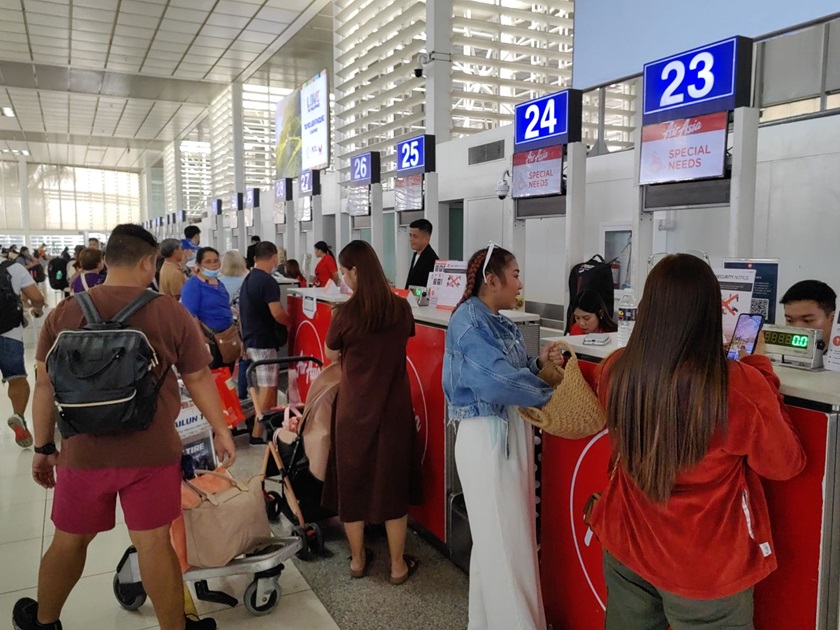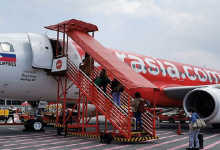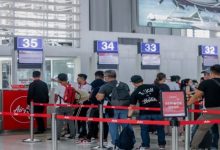
AirAsia Philippines is enhancing the travel experience for all guests by strictly enforcing its cabin baggage policy starting August 15, 2024.

Under this policy, each guest is allowed a total combined weight of 7 kilograms for their cabin baggage, which includes one (1) main carry-on item and one (1) small personal item. Guests may bring one (1) trolley bag or backpack with maximum dimensions of 56 cm (height) x 36 cm (width) x 23 cm (depth), which must fit in the overhead compartment. Additionally, they are permitted to carry one (1) small personal item, such as a handbag or laptop bag, with maximum dimensions of 40 cm (height) x 30 cm (width) x 10 cm (depth), to be stored under the seat in front of them.
“Our cabin baggage policy is designed to support on-time departures by ensuring a faster and more seamless boarding and disembarking process. By adhering to this policy, we can avoid congestion that negatively impacts the guest experience, particularly during boarding and disembarkation. Compliance also guarantees fair access to overhead compartments for all guests, maintaining both safety and comfort,” shared AirAsia Communications and Public Affairs Head & First Officer Steve Dailisan.

AirAsia reminds its guests that multiple items strapped, wrapped, or tied together will not be considered as a single piece of cabin baggage. The airline also advises that all items purchased at the airport are included in the cabin baggage allowance. The only exception is duty-free items packed in a Security Tamper-Evident Bag (STEB), which must remain sealed until the guest’s final destination and be accompanied by proof of purchase.
To avoid any inconvenience, AirAsia recommends that guests check in any baggage that exceeds the allowed weight or size limits. The airline will also conduct strict inspections at the boarding gate, and non-compliant items may be subject to a gate baggage fee.
“Following the cabin baggage policy is essential to avoid unexpected charges at the airport and to reduce congestion that impacts the guest experience, particularly during boarding and disembarkation. Compliance also contributes to maintaining safety and comfort, promoting consistency and fairness, and ensuring a smoother travel experience for all guests,” added Dailisan.







